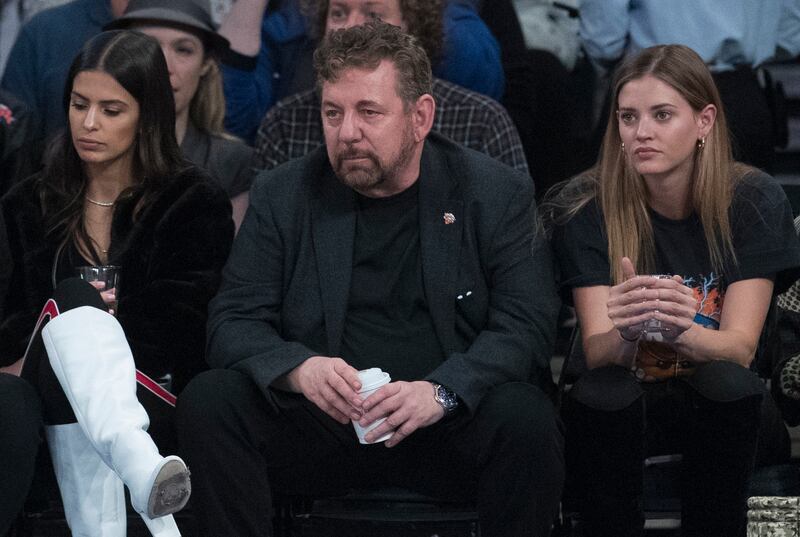SALT LAKE CITY — Evening was coming at Cougar Stadium, but inside the Utah State locker room that Saturday in 1983, temperatures soared. Steve Young had gritted his way into the end zone in the closing seconds to hand the Aggies a soul-crushing defeat.
When I walked in to interview USU players, cursing erupted. An assistant coach was ranting about the media never covering his team except when it lost.
“Get these (expletives) out of here!” he said.
In a nonconfrontational way, I said we didn’t have anything to do with them losing.
Quickly some players and staffers guided the coach away. It was just a heat-of-the-moment thing. The next day, acting on instructions from the athletic department, he called me to apologize.
News flash! Working conditions for sports reporters aren’t always good. So someone yelled at me a long time ago. But today, I’m convinced, conditions are worse. Team owners are banning reporters from events and players are threatening them. I wouldn’t put sports journalism high on the list of dangerous jobs, but the media gets less love than most.
I once blogged about being kicked out of the Rice-Eccles press box by a maintenance staffer, who shouted obscenities at me and the Salt Lake Tribune’s Gordon Monson as we worked late one evening. Something similar happened to me and colleague Mike Sorensen in New Mexico. A cleanup crew member shouted at us to leave or she’d call campus security. Meanwhile, the response to my blog was pure media resentment. One commenter said what many apparently believe — that we “sit on your fat (rears),” watching games for free and expecting taxpayers to foot the bill for food, heating and power.
A Triple-A baseball player once spit on my feet. Real Salt Lake owner Dell Loy Hansen briefly banned Monson from Rio Tinto for what he considered unfairly negative commentary. Last month the New York Knicks drew a $50,000 fine for barring a Daily News writer from a post-draft press conference. The owner didn’t like the coverage his team had been receiving.
Recently a Newsday baseball writer was repeatedly cursed at by Mets manager Mickey Callaway, who growled, “Get this (expletive) out of here” to a staffer. According to reports, pitcher Jason Vargas, who had been cold-staring the writer from across the room, took steps toward him and said, “I’ll knock you out right here.”
Long ago I went in the Salt Lake Gulls locker room after the game to interview a player named Darrell Darrow. Across the room I heard cursing. I realized it was pitcher Ralph Botting telling anyone who would listen to get the media out of there.
Darrow said it wasn’t my fault what happened in the game, and the situation quickly escalated. Darrow and Botting met in the middle of the room, swearing and doubling their fists. Manager Jimy Williams came out of his office to investigate, but soon he and Botting were nose to nose and knee-deep in profanity. Quickly teammates separated them, leaving me alone in the middle of the locker room, feeling foolish.
After a Ute football win, I once asked a player — Steve Smith, as I recall — if media should start taking them seriously. It came out more accusatory than intended. A guy who had been filming for the coaching staff swung his camera toward me and said, “Maybe you’d like to say that to some of the linebackers!”
“Who is he?” I asked some reporters around me. No one knew. I thought he must have worked for a TV station.
We went back to interviewing.
I declined an offer from the school to have the mad cameraman apologize. No harm, no foul.
In the Jim Fassel era at Utah, a player yanked one reporter’s necktie, threatening bodily harm. Another year, the Utes organized a media boycott, but that disintegrated almost immediately.
Last March, Bradley University pulled the credentials of a longtime beat writer who the school said hadn’t been “promoting the Bradley brand.” Whatever that is. The university quickly reinstated his access. In 2014, Florida International pulled credentials on its only beat writer, the Miami Herald’s David Neal. But that ban, too, was short-lived.
They almost always are.
Conflict between media and athletes has always existed, but I’m thinking it has escalated. I don’t expect sympathy. I just tell aspiring sports writers it’s a great job, but not a popular one. There will be conflicts with the people you cover, but the public will almost always side with the athlete.
Nobody is wearing a jersey with a writer’s name on it.
I consider it a good day if nobody throws fruit.


